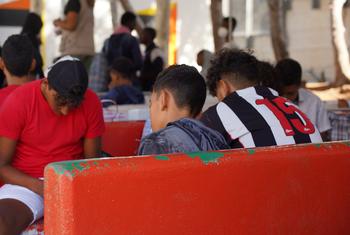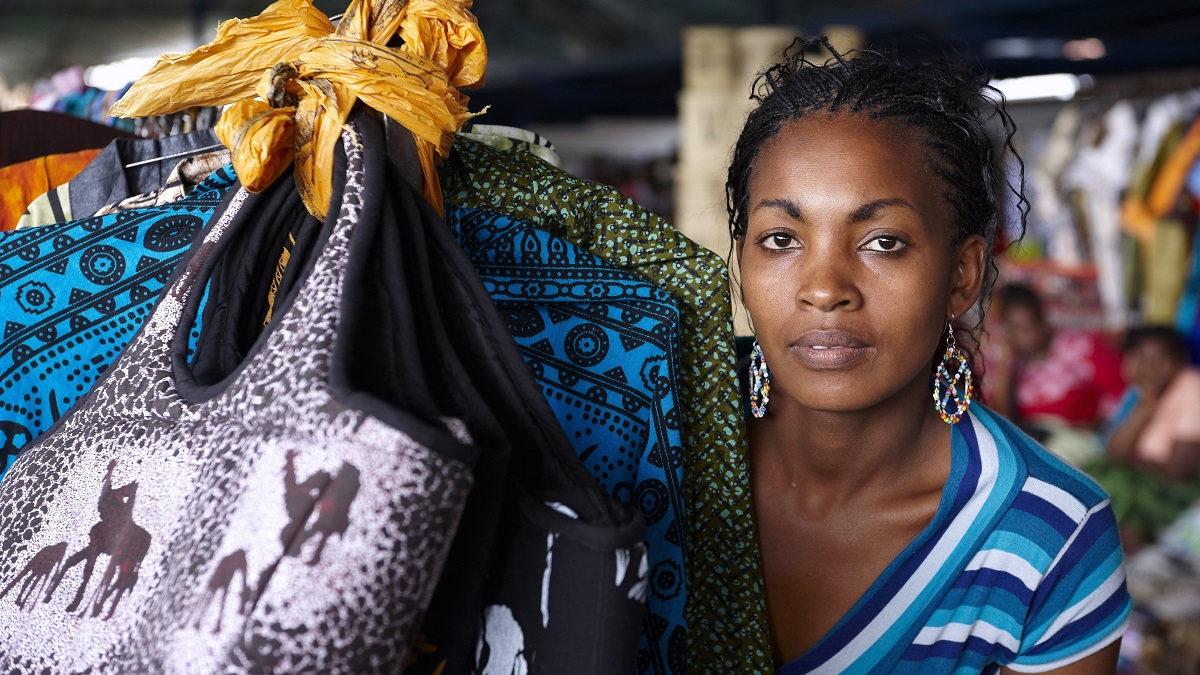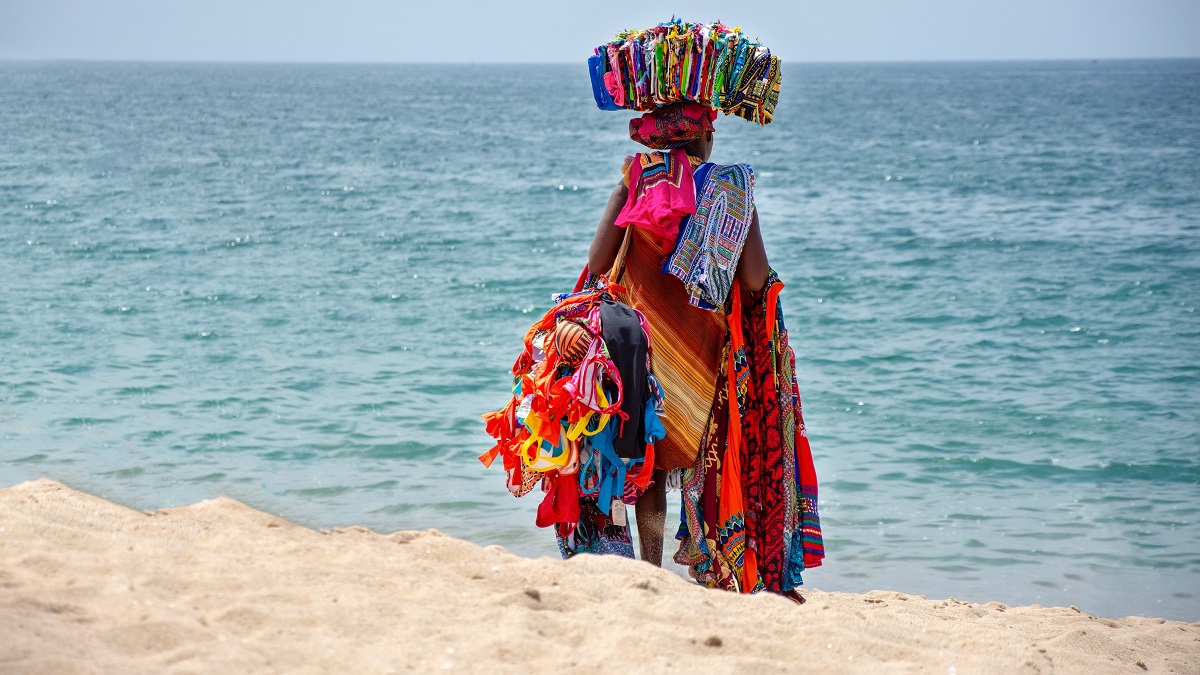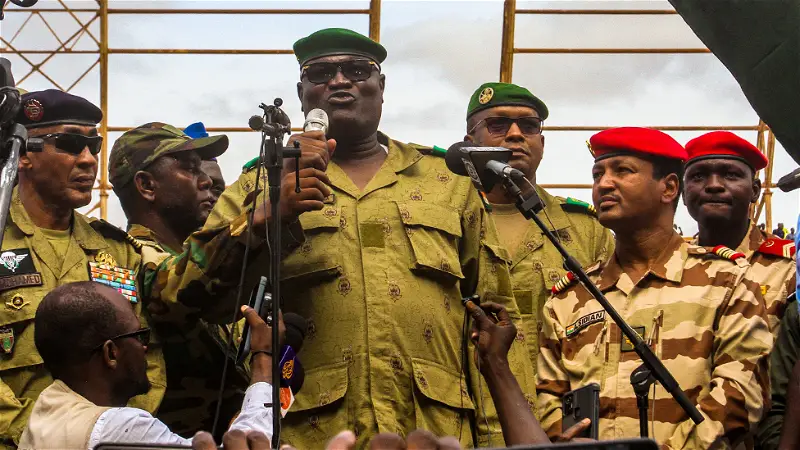More than 11,600 unaccompanied children have crossed the Central Mediterranean to Italy so far this year the UN Children’s Fund (UNICEF) said on Friday, an increase of 60 per cent compared with last year.
More than 11,600 unaccompanied children have crossed the Central Mediterranean to Italy so far this year the UN Children’s Fund (UNICEF) said on Friday, an increase of 60 per cent compared with last year.
The number of arrivals peaked this month on the small island of Lampedusa off Italy’s southern coast, with 4,800 people arriving on a single day, the agency noted.
According to news reports, a migrant reception centre there was overwhelmed earlier this month, as aid and medical workers coped with transferring thousands of people to the mainland.
Many of the flimsy and crowded boats sink or capsize in the Mediterranean, leading to over 2,000 deaths so far this year, according to UN migration agency IOM.
The real figure is likely considerably higher due to boats that sink that without trace.
“The Mediterranean Sea has become a cemetery for children and their futures.”
UNICEF’s @R_DeDominicis on the situation facing unaccompanied children crossing the deadly migration route. https://t.co/FqQHNrIaU7
— UNICEF (@UNICEF) September 29, 2023
“Children who undertake these harrowing journeys alone are often placed in overcrowded inflatable dinghies or shoddy wooden fishing boats unsuitable for poor weather conditions. Some are placed in the hold of the ship, some on iron barges – particularly dangerous for navigation,” UNICEF stated.
According to the UN humanitarian agency, “the lack of regionwide, coordinated and adequate search and rescue capacities and cooperation at sea on disembarkation compound the dangers children face when crossing.”
War, conflict, violence and poverty are among the main factors, prompting children to flee their home countries alone.
UNICEF highlighted that “Evidence shows that unaccompanied children are at risk of exploitation and abuse on every step of their journeys, with girls and children from sub-Saharan Africa the most likely to suffer abuse.”
Nearly 1,000 dead on central route
It said between June and August this year, at least 990 people including children died or disappeared as they attempted to cross the Central Mediterranean, triple the number compared to the same period last summer when at least 334 people lost their lives.
Children who survive their journeys are first held in centres known as hotspots before being transferred to reception facilities that are often closed and limit movement.
More than 21,700 unaccompanied children across Italy are currently in such facilities, up from 17,700 a year ago.
‘Broken migration system’
“The Mediterranean Sea has become a cemetery for children and their futures. The devastating toll on children seeking asylum and safety in Europe is a result of policy choices and a broken migration system,” said Regina De Dominicis, UNICEF Regional Director, and Special Coordinator for the Refugee and Migrant Response in Europe.
“The adoption of a Europe-wide response to supporting children and families seeking asylum and safety and a sustained increase in international aid to support countries faced by multiple crises are desperately needed to prevent more children suffering.”
In line with international law and the Convention on the Rights of the Child, UNICEF is calling on governments to provide safer and legal pathways for seeking asylum and ensure children are not held in closed facilities.
Boost protection
It’s also recommending strengthened national child protection systems and more coordination of search and rescue operations that lead to safe disembarkation.
The agency said the ongoing debate between the European Parliament and EU Member States on a new pact on migration and asylum presents an immediate opportunity to affirm and uphold key child protection principles.













